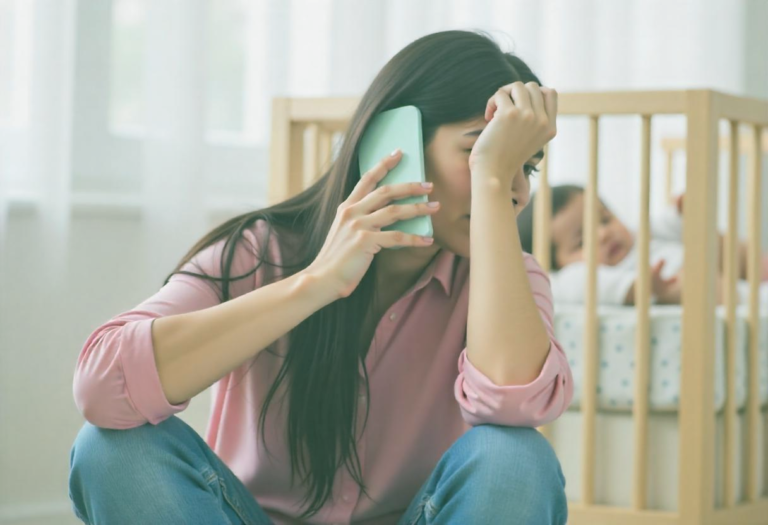“Why Do I Feel So Alone After Having a Baby?”
You imagined this time to be filled with joy, love, and support. But instead, there are moments when you feel completely alone.
“Shouldn’t I be happy? Why do I feel so disconnected?”
If this sounds familiar, you’re not alone. While hormones play a role, postpartum loneliness is often caused by deeper, more complex factors—ones that many Indian moms don’t talk about.
Let’s dive into why so many new mothers in India feel isolated and what you can do to find the connection and support you deserve.
1. The “Strong Indian Mom” Expectation
From a young age, Indian women are told that motherhood is natural, fulfilling, and instinctive. But what happens when it doesn’t feel that way?
What makes it worse:
- Pressure to “do it all” without complaining.
- Fear of being judged for needing help.
- Cultural expectations to always put family first.
2. Lack of Emotional Support
Many Indian moms are surrounded by family—yet still feel emotionally alone. Why?
Common reasons:
- Conversations revolve around the baby, not you.
- Your struggles are dismissed as “just hormones.”
- Partners may not fully understand postpartum emotional needs.
3. Sudden Shift in Social Life
Before motherhood, your life included work, friends, and outings. After birth? Many friendships fade, and social interactions become rare.
Why it happens:
- Friends without kids may not relate to your new reality.
- Your schedule revolves around the baby’s needs.
- Stepping out feels like a logistical challenge.
4. The Silent Struggles of Postpartum Recovery
Painful stitches, body aches, and exhaustion—physical recovery is tough. Yet, Indian culture often emphasizes the baby’s well-being over the mother’s.
Why it leads to loneliness:
- You’re expected to “bounce back” quickly.
- No one asks how you’re feeling—only how the baby is.
- Admitting struggles feels like weakness.
5. Feeling Unheard in a Joint Family Setup
Living with extended family has its pros and cons. While extra hands can be helpful, it can also feel suffocating.
Common struggles:
- Limited say in parenting decisions.
- Feeling like you’re being watched or judged.
- Pressure to follow traditional practices, even when you disagree.
How to Overcome Postpartum Loneliness
Find a Mom Community
Joining a supportive group of moms can help you feel seen and heard.
Communicate Openly
Tell your partner, family, or a close friend how you’re feeling. They may not realize you’re struggling unless you share.
Prioritize Self-Care
A small act of self-care—whether it’s a short walk, a hobby, or a therapy session—can make a big difference in your mental well-being.
Seek Professional Help When Needed
If loneliness turns into deep sadness or anxiety, talking to a postpartum mental health expert can help. Book a virtual consultation with Paloma Care.
You Are Not Alone
Postpartum loneliness is real—but it doesn’t have to define your motherhood experience. You deserve support, connection, and care.
Reach out to Paloma Care today and take the first step toward feeling like yourself again.



